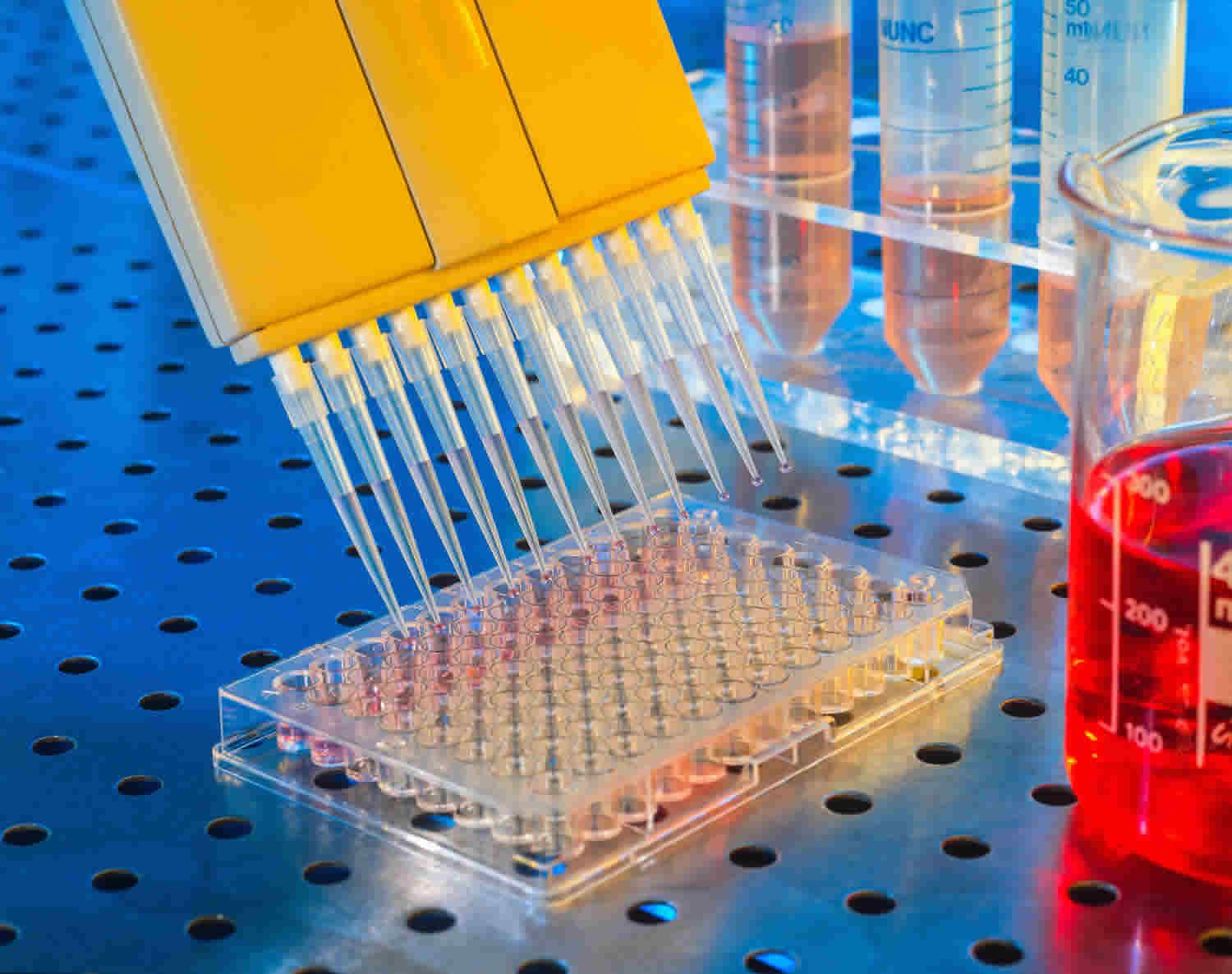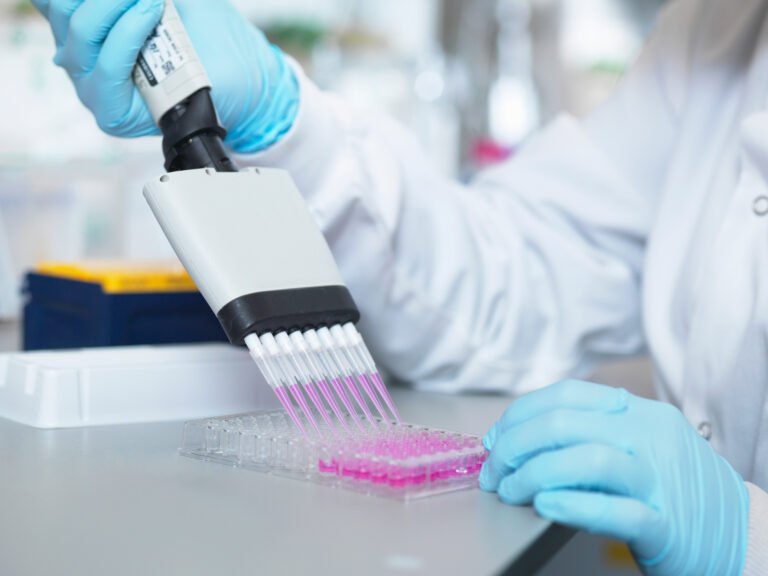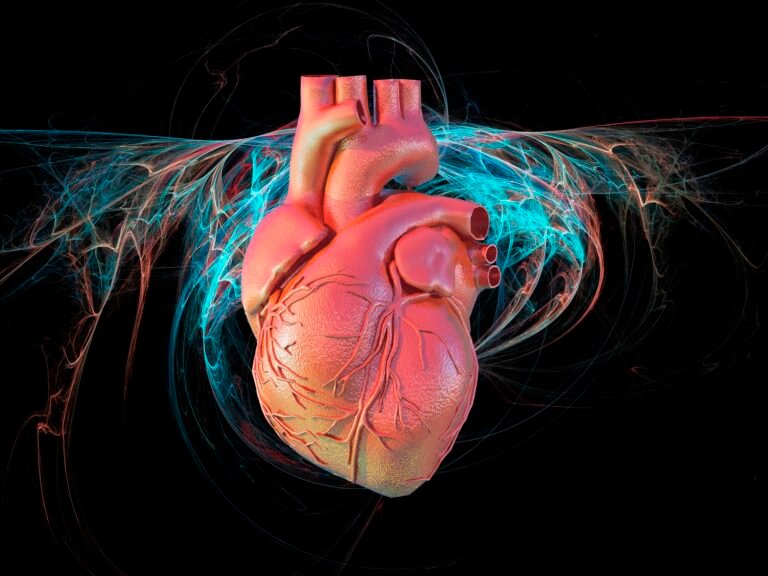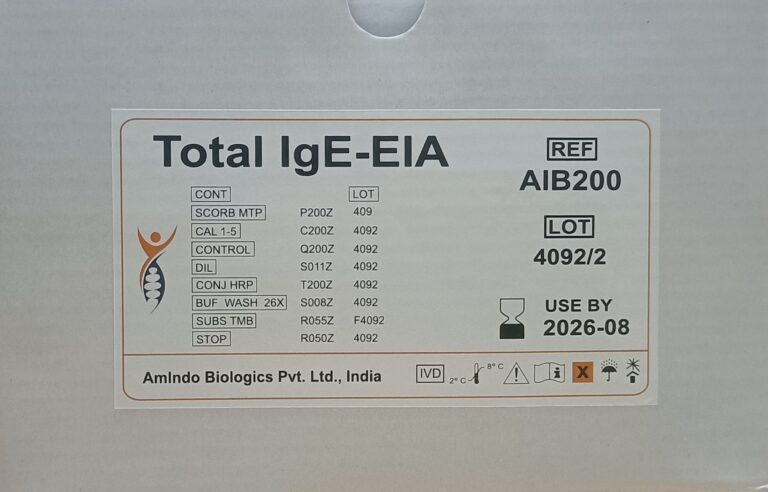Revolutionizing Healthcare: The Advanced Frontier of ELISA Diagnostic Kits.
Introduction
Enzyme-linked immunosorbent Assay (ELISA), a versatile and widely used laboratory technique, has been at the forefront of scientific research, medical diagnostics, and disease management. One such groundbreaking advancement that is poised to make a significant impact is the latest generation of Enzyme-Linked Immunosorbent Assay (ELISA) diagnostic kits. These cutting-edge kits are set to revolutionize the way we detect and diagnose various diseases, offering unparalleled accuracy, speed, and efficiency.
Understanding ELISA
ELISA operates on the principles of immune response and cellular biology. It enables the identification and quantification of specific substances in biological samples, making it indispensable for understanding various bodily functions and diagnosing illnesses. The key interaction in ELISA occurs between antigens (such as proteins, hormones, or disease-causing agents) and antibodies. Custom antibodies are employed to specifically bind to the desired antigen, forming the basis of ELISA.
Importance in Research and Diagnosis
Medical Investigation:
ELISA plays a central role in unraveling the complexities of diseases. Researchers use it to discover new disease indicators and decode disease processes. Medical tests heavily rely on ELISA assessments. For instance, ELISA diagnostic kits have been crucial in identifying and managing diseases like HIV and, more recently, COVID-19 through the development of COVID-19 ELISA kits1.
Drug Development:
ELISA aids in drug discovery by assessing the efficacy of potential drugs and monitoring their effects on specific biomolecules. Researchers can screen large libraries of compounds using ELISA to identify potential drug candidates.
Environmental Monitoring:
ELISA is employed for detecting environmental contaminants, pathogens, and toxins. It helps monitor water quality, food safety, and pollution levels.
Recent Advances
Nanomaterial-Enhanced ELISA:
Nanomaterials have revolutionized ELISA performance. Strategies involving nanoparticles improve assay sensitivity and broaden its applicability. Researchers have explored nanomaterial-enabled enhancements without altering the classic ELISA format.
COVID-19 ELISA Kits:
The ongoing pandemic has accelerated ELISA research. Indian Council of Medical Research (ICMR) approved the “Covid KAVACH ELISA” kits manufactured by Zydus-Cadila for sero-surveys.
Conclusion
The advent of advanced ELISA diagnostic kits marks a significant leap forward in the field of healthcare diagnostics. With their precision, speed, multi-analyte profiling capabilities, adaptability, and enhanced connectivity, these kits are poised to redefine the diagnostic landscape. As we embrace this cutting-edge technology, we can anticipate improved patient outcomes, more effective disease management, and a brighter future for healthcare. The advanced ELISA diagnostic kits are not just tools; they are catalysts for a new era of precision medicine.







